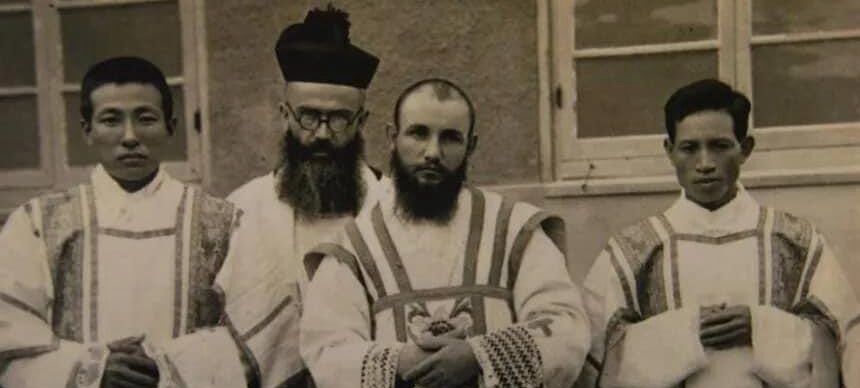- Feb 5, 2002
- 183,749
- 66,951
- Country
- United States
- Gender
- Female
- Faith
- Catholic
- Marital Status
- Married
- Politics
- US-Others
In 2022, I wrote in an article titled Ecumenical: Old and New Definitionsand it included these two definitions: “Ecumenical for the first thousand years of Christianity was an adjective to describe dogmatic meetings of orthodox bishops who cared about accurately defining the Catholic Faith,” and New Advent‘s definition: “Ecumenical Councils are those to which the bishops, and others entitled to vote, are convoked from the whole world (oikoumene) under the presidency of the pope or his legates, and the decrees of which, having received papal confirmation, bind all Christians.'”
Unfortunately, the term “ecumenism” has been commandeered in the 20th century by “progressive Catholics” to mean what was once called “the heresy of religious indifferentism” by Catholics of the 19th century. Less offensive (but still inaccurate) “ecumenism” has been commandeered by neo-conservative Catholics to indicate what was once called “evangelization” for many centuries. Notice both definitions are extremely inaccurate, especially as you re-consider the definitions found in the first paragraph.
St. Maximilian is one of my favorite saints, but like the founder of his order, St. Francis of Assisi, his name is constantly misrepresented by modernist Catholics. For example, I find it amusing how many Steubenville families have named a child “Maximilian” or “Kolbe,” but many couples probably believe St. Maximilian Kolbe would have supported John Paul II’s ecumenical Assisi event.
Continued below.

 www.padreperegrino.org
www.padreperegrino.org
Unfortunately, the term “ecumenism” has been commandeered in the 20th century by “progressive Catholics” to mean what was once called “the heresy of religious indifferentism” by Catholics of the 19th century. Less offensive (but still inaccurate) “ecumenism” has been commandeered by neo-conservative Catholics to indicate what was once called “evangelization” for many centuries. Notice both definitions are extremely inaccurate, especially as you re-consider the definitions found in the first paragraph.
St. Maximilian is one of my favorite saints, but like the founder of his order, St. Francis of Assisi, his name is constantly misrepresented by modernist Catholics. For example, I find it amusing how many Steubenville families have named a child “Maximilian” or “Kolbe,” but many couples probably believe St. Maximilian Kolbe would have supported John Paul II’s ecumenical Assisi event.
Continued below.

St. Maximilian Kolbe Rejected "Ecumenism."
In 2022, I wrote in an article titled Ecumenical: Old and New Definitions and it included these two definitions: "Ecumenical for the first thousand years of Christianity was an adjective to describe dogmatic meetings of orthodox bishops who cared about accurately defining the Catholic Faith,"...
